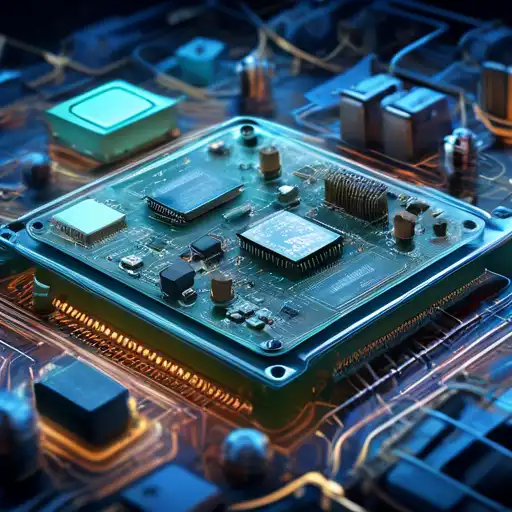The Hidden Power of Embedded Systems in Modern Smart Devices
Embedded systems are the cornerstone of today's smart devices, acting as the brains that power everything from your smartphone to your smart fridge. These specialized computing systems are designed to perform dedicated functions within larger mechanical or electrical systems, often with real-time computing constraints. Their importance cannot be overstated, as they enable the functionality and connectivity that modern consumers have come to expect.
What Are Embedded Systems?
At their core, embedded systems are combinations of hardware and software designed to perform specific tasks. Unlike general-purpose computers, which are designed to handle a wide range of tasks, embedded systems are optimized for efficiency and reliability in their designated roles. This optimization makes them ideal for use in smart devices, where performance and power consumption are critical factors.
The Role of Embedded Systems in Smart Devices
Smart devices rely on embedded systems to process inputs, make decisions, and execute actions based on those decisions. For example, a smart thermostat uses an embedded system to monitor temperature, compare it to the desired setting, and adjust the heating or cooling system accordingly. This seamless operation is made possible by the embedded system's ability to perform these tasks quickly and efficiently.
Key Components of Embedded Systems
Embedded systems typically consist of several key components, including:
- Microcontrollers or microprocessors
- Memory (RAM and ROM)
- Input/output interfaces
- Power supply circuits
These components work together to ensure that the embedded system can perform its designated tasks effectively. The choice of components depends on the specific requirements of the application, including performance, power consumption, and cost.
Challenges and Future Directions
Despite their widespread use, embedded systems face several challenges, including security vulnerabilities and the need for more efficient power management. However, advancements in technology are addressing these issues, paving the way for even more innovative applications of embedded systems in smart devices. The future of embedded systems is bright, with potential applications in areas such as autonomous vehicles, smart cities, and advanced healthcare devices.
As we continue to push the boundaries of what smart devices can do, the role of embedded systems will only grow in importance. By understanding the power and potential of these systems, we can better appreciate the technology that makes our modern conveniences possible.
